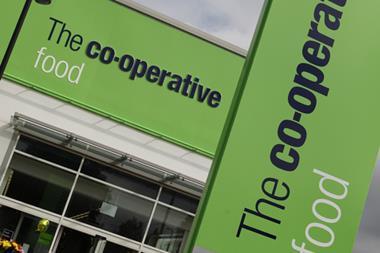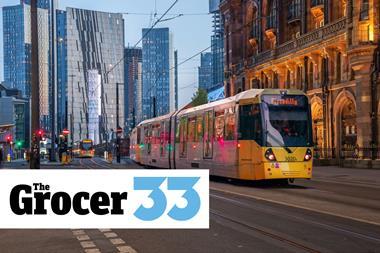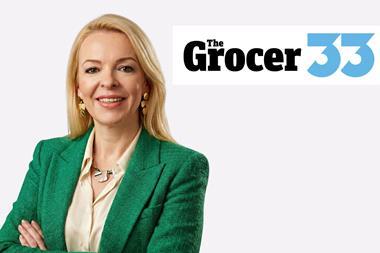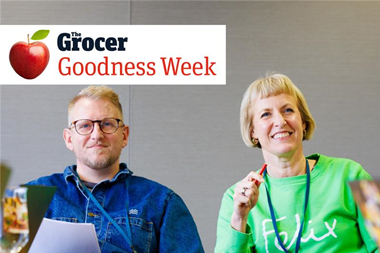The Co-operative Group’s purchase of a 200-year-old independent has taken the trade aback. What happened - and what comes next?
The independent trade was in shock this week after one of its most respected retailers was acquired by The Co-operative Group.
David Sands - a 200-year-old, sixth-generation Scottish retailer with 28 stores, a turnover of £41m and almost 700 staff - was bought by the society on Tuesday. Financials were not revealed, but it is understood the deal was worth between £10m and £15m.
But why did David Sands sell up? What does the deal tell us about the expansion ambitions of The Co-op? And could there be other deals on the cards?
CEO David Sands and his father, chairman Lindsay Sands, have declined to talk to the press, but a spokeswoman confirms the family had not been planning to sell until approached by The Co-op. “It was the right offer at the right time,” she explains. “It was not an easy decision and there was much soul-searching involved.”
Both David and Lindsay will now leave the business, but chief operating officer Ewen Chisholm and development and distribution director Stephen Brown will stay on to help with the integration process, expected to take 18 months.
Fellow indies were stunned by the acquisition, which is subject to OFT approval. David Sands has been incredibly successful - for example, no chain has won as many awards through Him!’s Convenience Tracking Programme.
“We have worked closely with both David and his father and helped to build a strong business,” says Neil Turton, CEO of Nisa, of which David Sands has been a member for 27 years. “We are proud of that relationship and hold the Sands family in high regard.”
“David Sands has been a progressive and innovative business,” adds Philippe Rondepierre, business development controller for Scottish wholesaler CJ Lang. “Its management team were excellent at identifying shopper trends and capitalising on them.”
The deal will add an extra 28 Scottish stores to The Co-op Group’s current 370 food stores. But it also puts the society firmly back on the acquisition trail, something it declared two months ago it would pursue “with a vengeance”. It is the biggest deal for its food business since it acquired Somerfield in 2009 and the first indie chain it has acquired since 2004.
Although it laid out plans in its 2010 annual report to open 50 stores in 2011, 125 in 2012 and 175 in 2013, the pace of acquisitions has been slow before this week. Last September, The Grocer revealed the society had closed a number of Somerfield stores due to “poor trading performance”. A further 11 stores closed later in the year.
“The Co-op’s ‘300 stores in three years’ statement is over a year old now and it’s never given us an update,” points out one property agent.
The Co-operative Group has traditionally been a predator among the indies, snapping up five of them between 2002 and 2004. Although no one is predicting that kind of run in 2012, experts believe the pace of acquisitions could pick up, especially as prominent indies Botterills and Mills Group have been acquired in the past year.
“There seem to be more of these deals now back in play,” says a senior industry source. “It’s a worry if top independents will again be targeted - as the effect on the buying power of those that remain suffers.”
The Co-op, meanwhile, is certain of further deals. As a spokesman promises, it expects “business acquisitions to form a part of our acquisition programme alongside new store developments”. T



















No comments yet